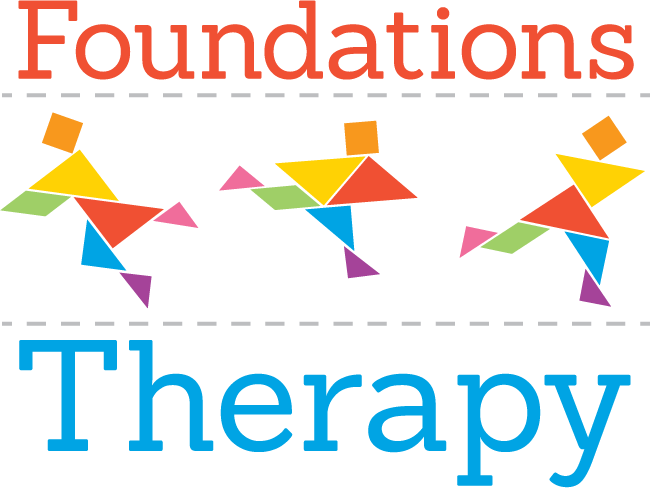Understanding PROMPT Therapy
If you’ve been researching speech therapy options for your child, you might have stumbled upon a unique method known as PROMPT, or Prompts for Restructuring Oral Muscular Phonetic Targets. This innovative form of speech therapy uses touch – specifically pressure points on the face – to guide certain facial muscles to create different jaw, lip, and tongue movements.
In this comprehensive guide, we’ll delve deeper into the world of PROMPT therapy, exploring how it works, its benefits, and why it’s been hailed as a game-changer in the realm of speech therapy.
The Tactile Approach to Speech Therapy
What sets PROMPT therapy apart from other speech therapy techniques is its tactile and kinesthetic approach. By incorporating touch and feel feedback, along with auditory and visual cues, this therapy guides or restricts certain movements, leading to immediate improvement in many cases.
PROMPT therapy isn’t just about physical cues. It’s also implemented through enjoyable, turn-taking games that require repeated practice of meaningful words. This approach doesn’t just enhance speech production – it also builds interpersonal and cognitive skills.
The Three Pillars of PROMPT Therapy’s Success
The effectiveness of PROMPT therapy can be attributed to three key factors:
Functionality and Relevance
Children are more likely to engage and learn when the activities they’re involved in are fun and relevant. PROMPT therapy capitalizes on this, using functional and relatable activities to motivate children and make therapy an enjoyable experience.
Repetition
Repetition is crucial in the learning process. Consistent practice allows children to understand and master their speech movements, ultimately improving their communication skills.
Holistic Approach
PROMPT therapy takes a holistic approach to speech therapy. It helps children communicate more effectively by continuously assessing and building on a variety of factors, including trust, interpersonal interaction, communicative functions, concept formation, perception, sensation, discrimination, recognition, skeletal structure, and neuromuscular integrity.
Is PROMPT Therapy the Right Choice for Your Child?
PROMPT therapy could be a game-changer if your child has been diagnosed with – or is suspected to have – conditions such as Childhood Apraxia of Speech, Autism, Developmental Delay, Speech Sound Disorder, Phonological Disorder, or Speech Delay. Even if your child is non-verbal or not yet using verbal language to communicate, PROMPT therapy could still be highly beneficial.
Discover the power of PROMPT therapy at Foundations Therapy!
It’s not just about better speech, but also fun activities that improve their communication and social skills. Whether your child has Autism, Speech Delay, or other speech disorders, PROMPT therapy can help. Don’t let speech difficulties hold them back – empower them to find their voice.
Ready to start? Schedule a session today!


